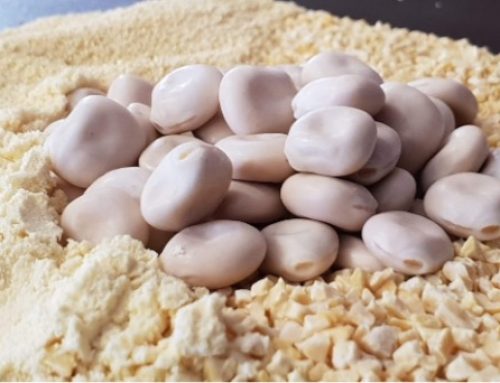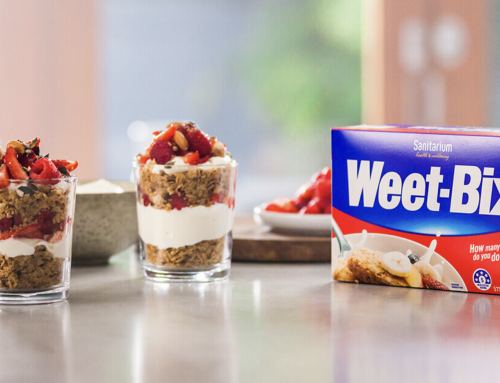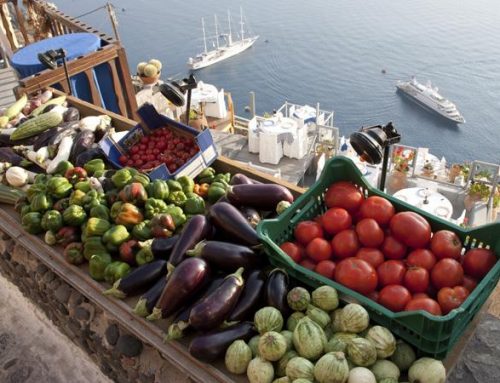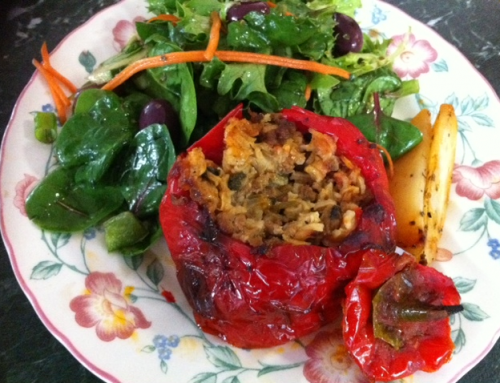Beware of low carb products that contain a sugar alcohol “sweetener” called maltitol.
Sugar alcohols are a type of carbohydrate that is neither sugar nor alcohol. Sugar alcohols are found naturally in some fruits and vegetables. They are similar to sugar in terms of taste, texture, and interaction with other ingredients.
Like sugar, maltitol is a carbohydrate that contains calories. The body does not absorb all the calories in maltitol, but it still provides about 2 to 3 calories per gram, compared to four calories per gram of sugar. Since maltitol is a carbohydrate and has calories, it also affects blood glucose.
Maltitol is commonly used in low-carb or “sugar-free” products such as candy and nutrition bars, despite the fact they might still affect blood sugar.
Unfortunately, the sugar-free claims for foods containing maltitol may give people a false sense of security which may result in a larger portion being consumed than recommended.
Claims are made that maltitol has little impact on blood sugar, but that is not the case. Diabetes facebook discussion groups are awash with people complaining that low carb products containing maltitol spike their blood sugars but not if the product has erythritol or stevia.
Check out what consumers are saying about maltitol:
“I am in health care and aware of the ADA’s stance. However, I have verified with my own glucometer that my blood sugar goes up after ingestion of any sugar alcohol, and maltitol and maltodextrin cause spikes almost equal to table sugar. I think another part of the problem is that some people gorge if they think that they are eating “safe chocolate” or “safe ice cream,” and take in a lot more than they realize. “
Maltitol vs. Sugar
Sugar
- 4 calories per gram
- Glycemic index of 60
- 100 percent sweetness
- Promotes cavities
Maltitol
- 2–3 calories per gram
- Glycemic index of 52 for the syrup and 35 for the powder
- 75 percent to 90 percent sweetness
- May help prevent cavities
Maltitol has half the calories of sugar and a lower glycaemic index, but it can still raise your blood sugars (and insulin), especially if you have diabetes or prediabetes (see graph). Maltitol also has calories so can affect weight. It can also cause bowel disturbance, bloating and wind making IBS symptoms worse.
Prefer low carb products containing erythritol and stevia (like Skinnybik) as these have little impact on your blood sugars, weight and bowels.








